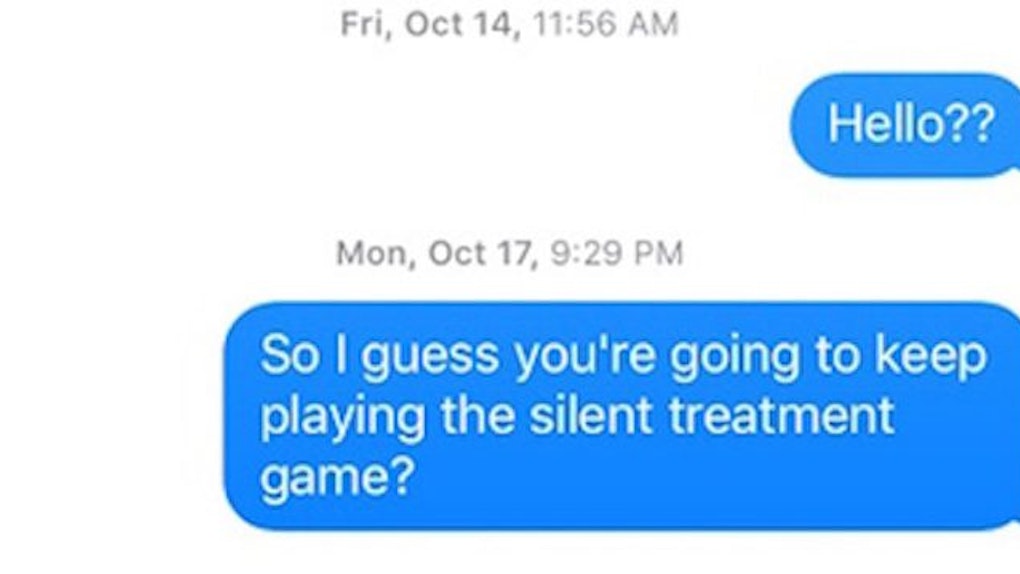
March 03, 2020
Communication on the modern day has gotten on a really different level. Gone are the days of snail mailing -- of waiting months for a prized message from someone important. Gone are the days of staying up late all night, writing long paragraphs of proclamation of love and devotion. Gone are the days of taking expensive photographs that we attach to those letters for nowadays, snaps are easily captured and sent to a number of people in just one swift flick of the thumb on that smartphone.
It is so fast and the values of people have changed alongside it. Being "seen" is considered somehow an insult. Being "left on read" is a malign. The quick and easy way of responding to messages has gotten most of us in expecting the fastest replies.
This has evolved into a whole new concept -- GHOSTING. It happens when someone habitually "seenzones" you or leaves you on "read." They may occasionally reply, they may sometimes recognize your "hello," but what comes next is two people with one roping the other in a conversation that is painfully one-sided.
It is not surprising that we see new villains -- the people who ghost. We see them as cruel, insensitive, and why not? They left us hanging with no explanations. Where did we go wrong? Did we become uninteresting? Why can't they just say goodbye? We think a word would satisfy us.
But the truth is, ghosting is something that is natural. Just because sending a message is easy doesn't mean it is easy to construct a meaningful one.
Imagine -- in a real life communication, not everything we say to someone will be greeted with enthusiasm. Sometimes, they could just gesture a simple nod or a grunt. If they have something to contribute, they will say it and if you are lucky, it would lead to a truly interesting conversation.
Now, imagine this in the virtual world. It is cruel to always expect an equally enthusiastic reply from someone. We should accept that truly engaging talks are rare to come by and should be treasured.
Expecting someone to keep up conversations with us is putting them in our own projections. We project that we text them, they would reply, we enjoy a fun night talking to each other. The truth is not everyone is capable of doing this all the time. Problems arise, people become sad, people need time and people need to ignore messages.
It is then asking too much to expect someone to always and constantly attend to our needs in the virtual plane of communication.
Now, let us say that none of the things mentioned were the cause of ignoring or ghosting. What if the other person's interest towards us just fizzled out?
Should we blame them for chickening out to say "I am sorry, I believe I am not interested in keeping our communication going." It is not an easy thing to say and definitely something that someone should not be obliged to say.
In a normal setting, when a conversation is dying out, we see physical signs, warnings that prepare us. However, in the virtual setup, particularly texting or chatting, we do not see any of these. Thus, an abrupt loss of reply may dissatisfy us. It is our task to accept that we are not always interesting, or that people we talk to don't have fountain sources of replies. We should accept that fizzling out is a characteristic of any conversation.
Finally, a more mature way of approach is to accept that not all people are capable of saying goodbye when they feel they don't want to take part in a communication anymore. Not all are capable of processing this emotion and the necessary actions of letting the other party know what is happening.
We would be able to save ourselves if we accept that we do not always get to connect to a person and that we do not always get explanations.
No comments:
Post a Comment